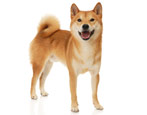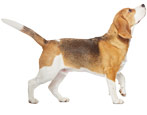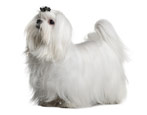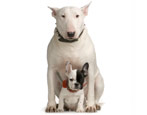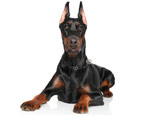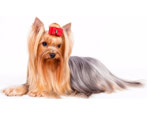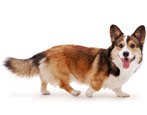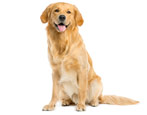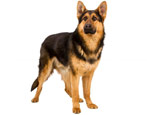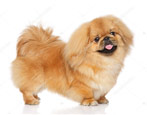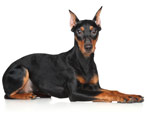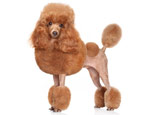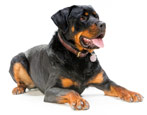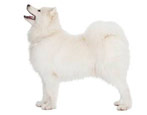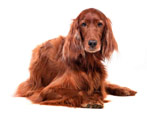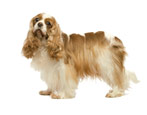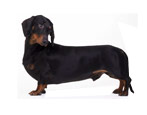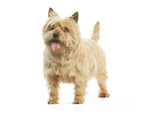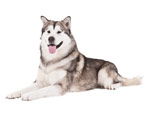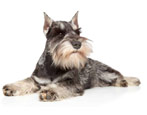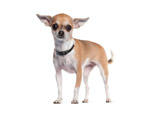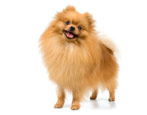Hypoallergenic food for small breed dogs

Allergy is the body's reaction to a foreign protein. Recently, cases of allergies have become more frequent, especially in small dog breeds. They are manifested by scratching on the skin, hair loss, otitis media, discharge from the eyes and nose, drooling and swelling of the paws.
The largest percentage of allergies are caused by fleas, reactions to a component in the diet are less common, but they do exist. According to the latest studies by European scientists, in terms of the frequency of occurrence of allergies, beef is in the first place, followed by lamb, chicken, turkey, rabbit and fish.
And if by the method of elimination you came to the conclusion that this is still a reaction to food, you need to choose a hypoallergenic diet. In almost every line of food there are those, consider the features of such food for small breeds of dogs.
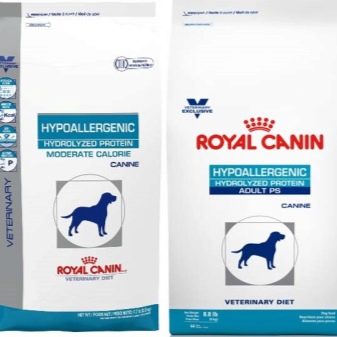
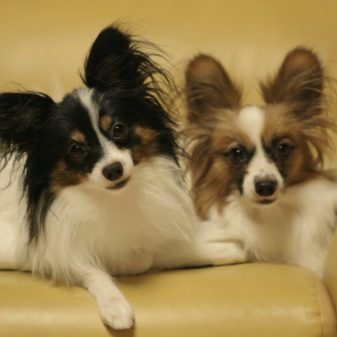
Composition
Almost every manufacturer of industrial feeds has a feed labeled "hypoallergenic" in its product line. There are prophylactic hypoallergenic feeds, they are premium, super premium, holistic and medicinal - veterinary diet.
The use of such feed will allow not to add vitamins and minerals to the diet. You can use prophylactic food for animals prone to allergies without restrictions.
Approximate composition:
- contains one type of meat (mono-protein) - lamb, duck, fish, more often salmon;
- grain-free (gluten-free) - no corn, wheat, barley;
- there are no exotic fruits and vegetables;
- there are minerals and vitamins in their natural form;
- additives for leather and wool (Omega-3.6);
- prebiotics (mannan oligosaccharides and fructooligosaccharides), chicory as a source of inulin as a prebiotic.
It has been proven that prebiotics, in addition to preventing digestive disorders, also normalize the body's reactivity to foreign proteins.
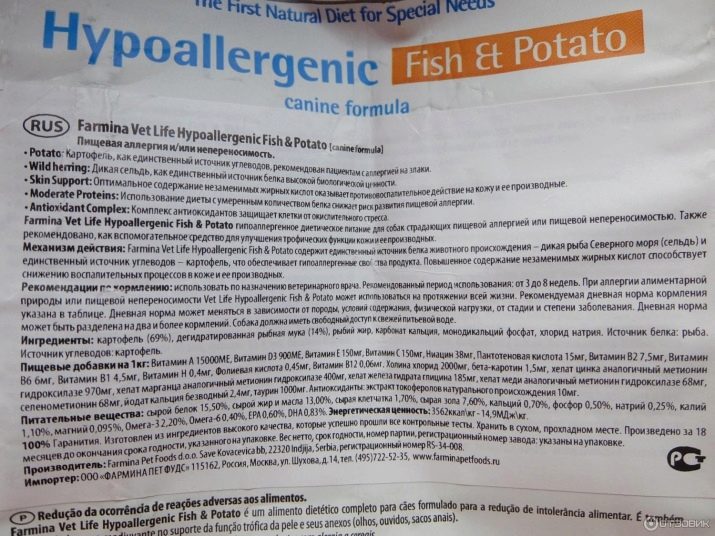
This is what hypoallergenic food for adult small breed dogs looks like.
For puppies, the choice of hypoallergenic foods with a rare type of protein is narrower, usually chicken or multicomponent protein.
The feed from the veterinary diet contains dehydrated protein or hydrolyzed poultry feathers. Protein dehydrogenation procedure helps to preserve its beneficial properties by breaking it down by enzymes into smaller particles. This protein has a low molecular weight structure, it is absorbed better, so the receptors in the body do not give a reaction to it.

Indications and contraindications
An indication for the use of medicinal hypoallergenic food is the actual allergic reaction. Allergies or food intolerances manifest themselves in different ways:
- itching, scratching, eczema;
- otitis media;
- disturbances in the work of the digestive tract;
- discharge from the eyes, nose and increased salivation;
- swollen limbs (less common).
Seeing such signs, first of all, you should contact a veterinary clinic, where they will conduct appropriate studies, prescribe drug treatment and recommend hypoallergenic nutritional therapy. The animal can eat medicinal food all the time, if it is not possible to determine what exactly caused the allergy. Having identified the allergen, you can choose a prophylactic hypoallergenic food on the animal protein that will not cause an allergy in the pet.
You can feed medicinal and prophylactic feeds without restrictions and all your life.

Manufacturers overview
Many companies produce medicated dietetic foods.
- Hill's Z / D. Dry food, where the protein source is hydrolyzed duck meat. Hill's D / D. Wet diet food, protein source - salmon, natural source of Omega-3,6.
- Royal Canin Allergenic and Anallergenic. In the composition, a hydrolyzed bird feather is used as a source of animal protein.
- Pro Plan Veterinary Diets HA. The composition uses one type of hydrolyzed low molecular weight protein, which helps to reduce the likelihood of a reaction to a foreign protein. High quality refined carbohydrates in the diet. Omega-3s and 6s help boost the body's natural anti-inflammatory processes.
- Eukanuba Dermatosis FP Response. Diet food containing fish. Potatoes have an energetic function. If a quadruped is allergic to proteins such as chicken, beef, or reactivity to grains, this food is very suitable.
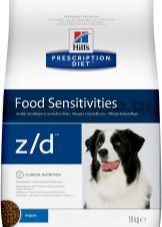
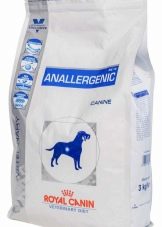
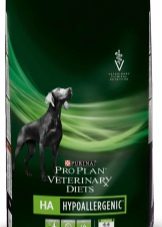
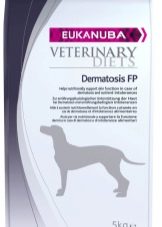
Premium preventive feeds include several types.
- Pro Plan Sensitive Skin for small dog breeds. Salmon with rice. Dehydrated Fish Protein is a source of triglycerides that help your pet's skin and coat stay healthy. But still, corn with soy, which are part, theoretically can provoke an allergic reaction.
- Pronature Original 22. Lamb, corn and rice. Suitable for dogs who are allergic to chicken protein.
- Happy dog they use rare types of protein - ostrich, horse meat, venison and so on. Not used in the manufacture of corn and soybeans. A wide variety of flavors and feeds allows you to eliminate the protein that causes allergies and choose the right one.
- Brit Premium Sensitive. Lamb and rice. A rare kind of protein in the amount of 30%, there is no corn, soy and other grains in the composition. Chamomile has an antibacterial effect against opportunistic microflora. It is more often used for sensitive intolerance and for digestive disorders.
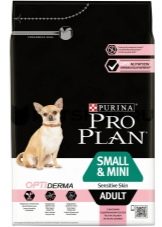
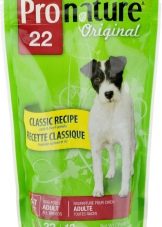
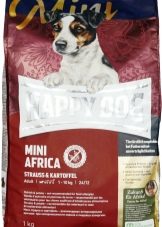
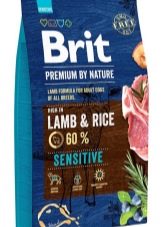
Super-premium preventive feeds are of higher quality.
- GO! Sensitive. Food with oatmeal, salmon and apple. Supports the beauty and health of the coat. Suitable for dogs with sensitive digestion.
- Brit Care. Lamb meat 42% and rice 36%, chicken fat and salmon oil are rich in fatty acids, which has a beneficial effect on the quality of wool and leather.
- Bosch Sensitive. Lamb is the main ingredient in the feed. And rice with potatoes as carbohydrate sources. The composition also includes mussel flour, which is a source of macro- and microelements for the prevention of joint diseases. Omega-3 and 6 come from fish oil.
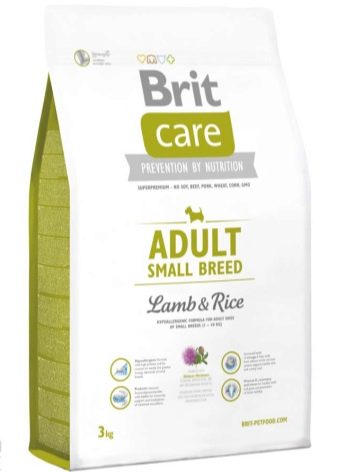
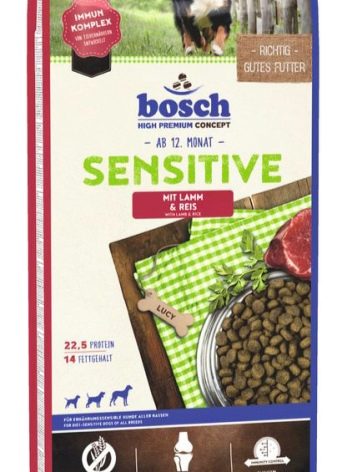
Holistic is a premium food.
- Acana. Lamb, apple. Consists of natural ingredients, lamb meat and by-products. Omega-3 and 6 do not come from fish, but from hypoallergenic algae. Apples and pumpkin help in the work of the digestive tract, and carotene and pectin from them help to normalize the work of the gastrointestinal tract. Herbs such as chicory root, lemon balm, ginger and mint inhibit the growth of bacteria that cause fermentation.
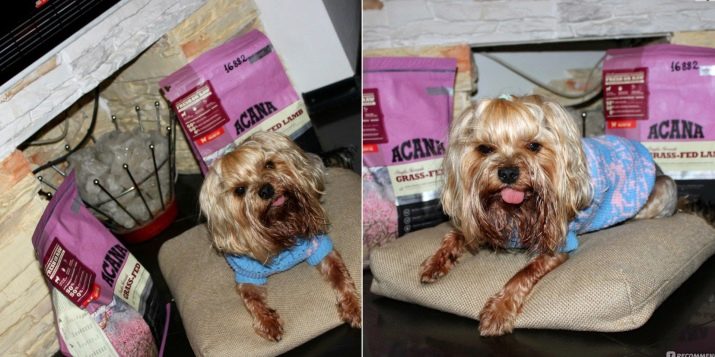
- 1st Choice Sensitive. Lamb, sea fish and brown rice provide essential nutrients without causing allergies, while ginger extract reduces intestinal gas and activates digestion. And parsley and green tea have an antibacterial effect against pathogenic and putrefactive microflora.
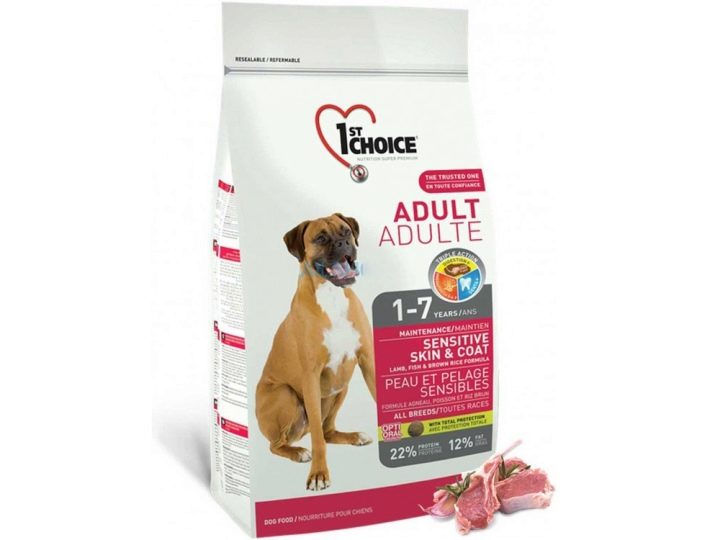
- Grandorf. Duck and potatoes. Duck meat in the amount of 60% and sweet potatoes. Antarctic krill are rich in fatty acids. The fruits of ceratonia help the digestive tract work. Dried apples containing pectin and herbs reduce the likelihood of allergies. Natural preservatives, vitamins C and E, which helps to repair damaged skin cells. The product is good in many respects, but it is rarely found on sale.
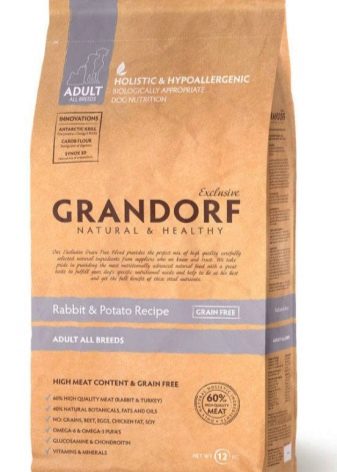

Many manufacturers produce hypoallergenic food especially for small breed puppies.
- Pro Plan with salmon and rice for puppies. Salmon flour, fish oil and antioxidants such as tocopherol reduce the likelihood of allergies. Contains corn gluten. Such food is not suitable for animals with gluten intolerance.
- ABBA holistic for puppies with turkey. Mono-protein from fresh turkey meat in the amount of 55%. Carbohydrates from potatoes and peas. Prebiotics from chicory and carob.
- Monge. Lamb and sweet potatoes. It uses lamb mono-protein, salmon oil and salmon meal to keep the skin and coat healthy and shiny. Not suitable for grain-sensitive pets.
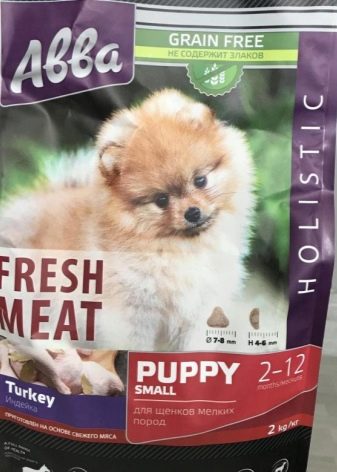
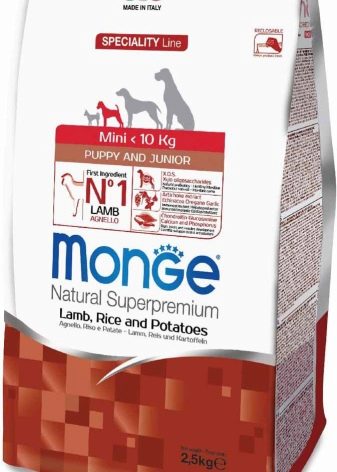
Manufacturers of the Sensitive series feed more often produce universal All breeds (for all breeds), and some of the manufacturers, for example, Brit Premium Sensitive, are suitable for all breeds and for all ages, as indicated in the instructions for use.
Above is a list of the most well-known manufacturers, and in fact the list is larger.
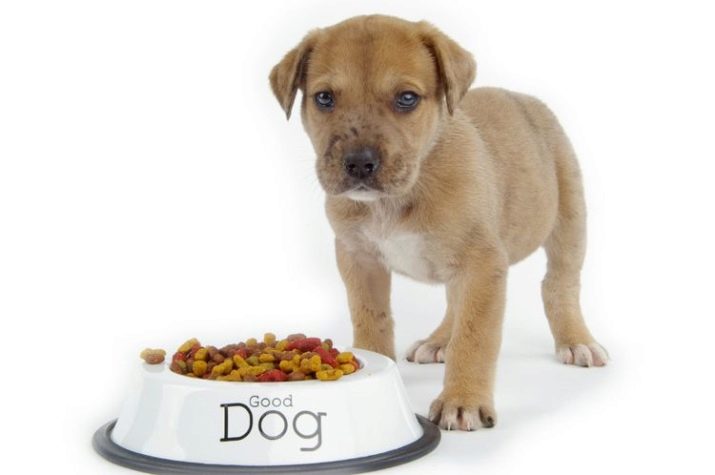
How to choose?
All hypoallergenic foods, therapeutic and prophylactic, go through a lot of research before they get into a bowl for a pet. Unfortunately, it is impossible to produce food that is free from possible allergens, since an allergic reaction can occur to any ingredient in the food.
You can feed your pet with hypoallergenic food and on an ongoing basis. Therefore, when choosing food, the cause of the allergy is excluded, paying attention to the composition of the food. For example, for a dog allergic to chicken, they select food for lamb, duck, turkey, or if they react to gluten, they choose grain-free food - without corn, wheat and barley.
Veterinarians advise periodically changing feeds so as not to cause reactions to new allergens. Based on the list above, or by going to a nearby pet store, you can choose the right food on a monoblock and without artificial ingredients. The selection of food is a responsible business, the dog can be confused by both the new taste and the new shape of the granules. Therefore, you must first purchase a pack of small volume - suddenly the food does not like it or does not fit. It is better to start with feed from popular manufacturers who conduct a lot of research before being released on the market.
When choosing food, you also need to take into account the age of the animal, breed characteristics, physiological and individual characteristics. Be sure to study the composition of the feed, and pay attention to the expiration date.
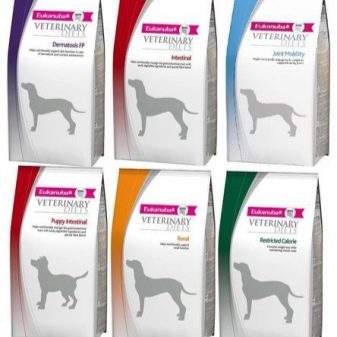

For an overview of Grandorf dry food for small breed dogs, see the following video.

